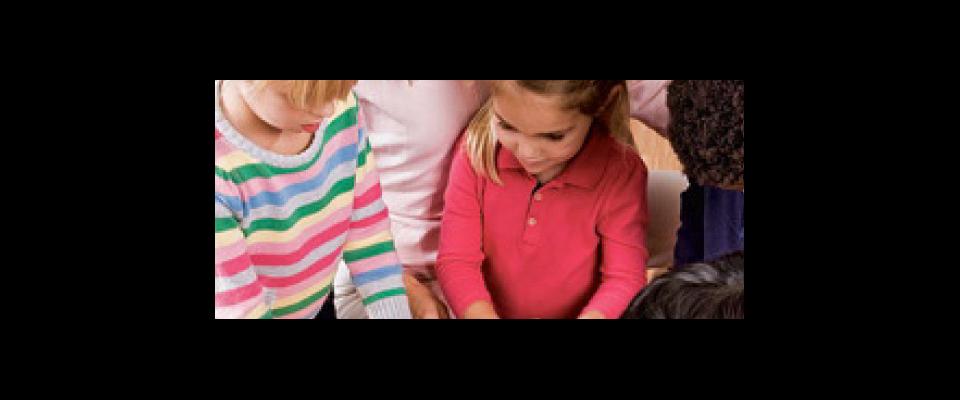A Berkeley professor studies the lasting impact of kindergarten.
Kindergarten may seem like fun and games, but new research suggests that what we learn in these early years may have a lasting effect. Berkeley economics professor and 2010 MacArthur Fellow Emmanuel Saez and a team of researchers identified a link between students’ kindergarten classroom experience and their later success in life—including increased rates of college attendance, home ownership, retirement savings, and overall earnings potential.
The researchers used data from a 1985 study called Project STAR, which assessed the academic performance of 11,571 students through grades K–3. The project concluded that smaller class sizes and experienced teachers raised kindergarteners’ end-of-the-year test scores, but that such effects diminished over time; by 8th grade, the test scores of these students were only one to two percentiles higher than those of their peers.
Saez and his colleagues tracked the same students, now in their 30s, and compared their performance in Project Star against their income tax statements. Surprisingly, the positive consequences of high-quality kindergarten classrooms re-emerged as students applied to college and entered the job market. High-performing kindergarteners were more likely to pursue post-secondary education and to attend a selective university. Saez’s study estimated that 20 students from one high-quality kindergarten class have earned almost a cumulative $776,000 more than their counterparts.
The reappearance of the advantage later in life may have to do with kindergarten’s focus on noncognitive abilities, which don’t show up on test scores but are immediately evident during the postgrad hunt for employment, according to the study. “The old-fashioned kindergarten teacher was all about social skills and cooperation,” says Bruce Fuller, a professor of education and public policy who commented on the study. The best economists, Fuller says, are emphasizing the value of what we learned in kindergarten—social competencies such as respecting authority, sharing with others, and teamwork—as being just as important as performing well on a standardized test.
Saez’s study, however, is not without its detractors. Susan Holloway, a Berkeley professor of education unaffiliated with the study, agrees the findings have merit but argues it’s a stretch to conclude that a single, concentrated dose of training in social skills could have such dramatic effects years later. “I think the only way I would believe it is if you were able to assess them on social competency in the intervening time,” Holloway says. Because noncognitive skills were assessed by Project STAR in grades 4 and 8 alone, and then for only about 30 percent of the students, Holloway’s point seems especially valid. Saez was unavailable for comment.
Still, the conclusions of Saez and his team are relevant in the test-driven policy environment created by No Child Left Behind. Social skills are no longer at the forefront of teachers’ plans, even if learning them is one of the most important parts of a child’s early education—and that’s something that should make parents as nervous as a kindergartener on the first day of school.





















